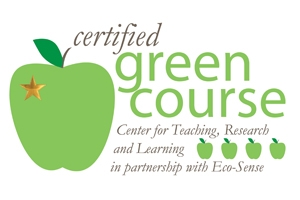Accessibility
CTRL is committed to providing services to all faculty & staff. Considering the inaccessibility of our location at Hurst Hall, we will coordinate the delivery of our services at an accessible location upon request. Request an accessible meeting via email or call (202) 885-2117.
